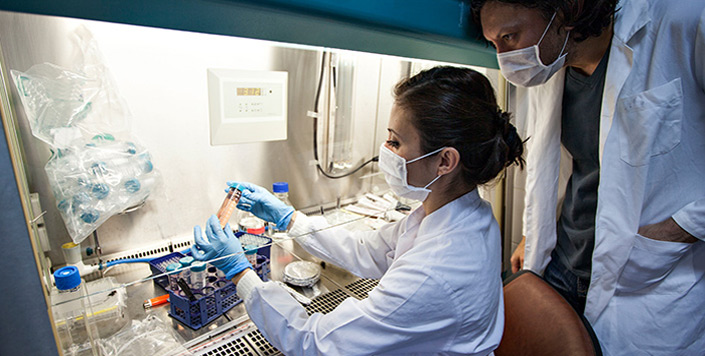
School of Medicine Publications and Presentations
Document Type
Article
Publication Date
1-30-2024
Abstract
Background Because pediatric anxiety disorders precede the onset of many other problems, successful prediction of response to the first-line treatment, cognitive-behavioral therapy (CBT), could have major impact. However, existing clinical models are weakly predictive. The current study evaluates whether structural and resting-state functional magnetic resonance imaging can predict post-CBT anxiety symptoms.
Methods Two datasets were studied: (A) one consisted of n=54 subjects with an anxiety diagnosis, who received 12 weeks of CBT, and (B) one consisted of n=15 subjects treated for 8 weeks. Connectome Predictive Modeling (CPM) was used to predict treatment response, as assessed with the PARS; additionally we investigated models using anatomical features, instead of functional connectivity. The main analysis included network edges positively correlated with treatment outcome, and age, sex, and baseline anxiety severity as predictors. Results from alternative models and analyses also are presented. Model assessments utilized 1000 bootstraps, resulting in a 95% CI for R2, r and mean absolute error (MAE).
Outcomes The main model showed a mean absolute error of approximately 3.5 (95%CI: [3.1-3.8]) points a R2 of 0.08 [−0.14 - 0.26] and r of 0.38 [0.24 – 0.511]. When testing this model in the left-out sample (B) the results were similar, with a MAE of 3.4 [2.8 – 4.7], R2 −0.65 [−2.29 – 0.16] and r of 0.4 [0.24 – 0.54]. The anatomical metrics showed a similar pattern, where models rendered overall low R2.
Interpretation The analysis showed that models based on earlier promising results failed to predict clinical outcomes. Despite the small sample size, the current study does not support extensive use of CPM to predict outcome in pediatric anxiety.
Clinical Trial
NCT00018057
Recommended Citation
Andre Zugman, Grace V. Ringlein, Emily S. Finn, Krystal M. Lewis, Erin Berman, Wendy K. Silverman, Eli R. Lebowitz, Daniel S. Pine, & Anderson M. Winkler. (2024). Brain Functional Connectivity and Anatomical Features as Predictors of Cognitive Behavioral Therapy Outcome for Anxiety in Youths. medRxiv, 2024.01.29.24301959. https://doi.org/10.1101/2024.01.29.24301959
DOI
10.1101/2024.01.29.24301959
Academic Level
faculty
Mentor/PI Department
Office of Human Genetics


Comments
The copyright holder for this preprint is the author/funder